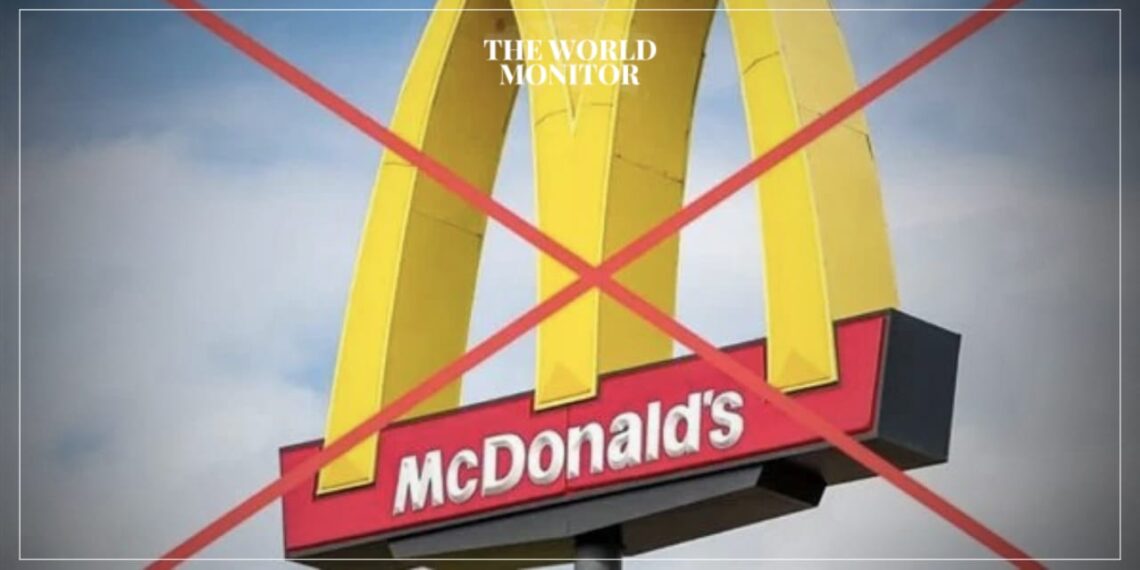Western brands that expressed solidarity with the recent Israeli aggression in Gaza are facing strong backlash, particularly in Arab countries supporting the Palestinian cause. Amidst the ongoing conflict and Israel’s intensified operations in Gaza, boycott campaigns against Western products have spread across Egypt, Jordan, and other pro-Palestinian Arab nations, Reuters reports.
These boycotts have rapidly gained momentum on social media, targeting dozens of companies and products and prompting consumers to switch to local alternatives. A McDonald’s employee in Egypt, preferring anonymity, revealed a significant sales drop of at least 70% in October and November compared to the same period last year, although Reuters couldn’t immediately verify these numbers.
Sameh El-Sadat, an Egyptian politician and co-founder of TBS Holding, a supplier to Starbucks and McDonald’s, observed a 50% decrease or slowdown in demand from his clients. Reham Hamed, a 31-year-old Cairo resident, joins the boycott of American fast-food chains and some cleaning products, believing that it’s the least citizens can do to avoid complicity in the conflict.
In Jordan, some boycotters enter McDonald’s and Starbucks outlets to persuade the few customers to take their business elsewhere. Ahmed Al-Zaru, a cashier at a major supermarket in Amman, notes customers favoring local brands over Western ones. In Kuwait City, seven branches of Starbucks, McDonald’s, and KFC were nearly empty, with a Starbucks employee mentioning that other American brands are also affected.
This movement reflects a growing trend of consumer activism in the Arab world, where political sentiments increasingly influence purchasing decisions. The boycott not only impacts sales but also carries a strong message of solidarity with the Palestinian cause, challenging Western companies to consider their political stances and public relations strategies in these regions.






